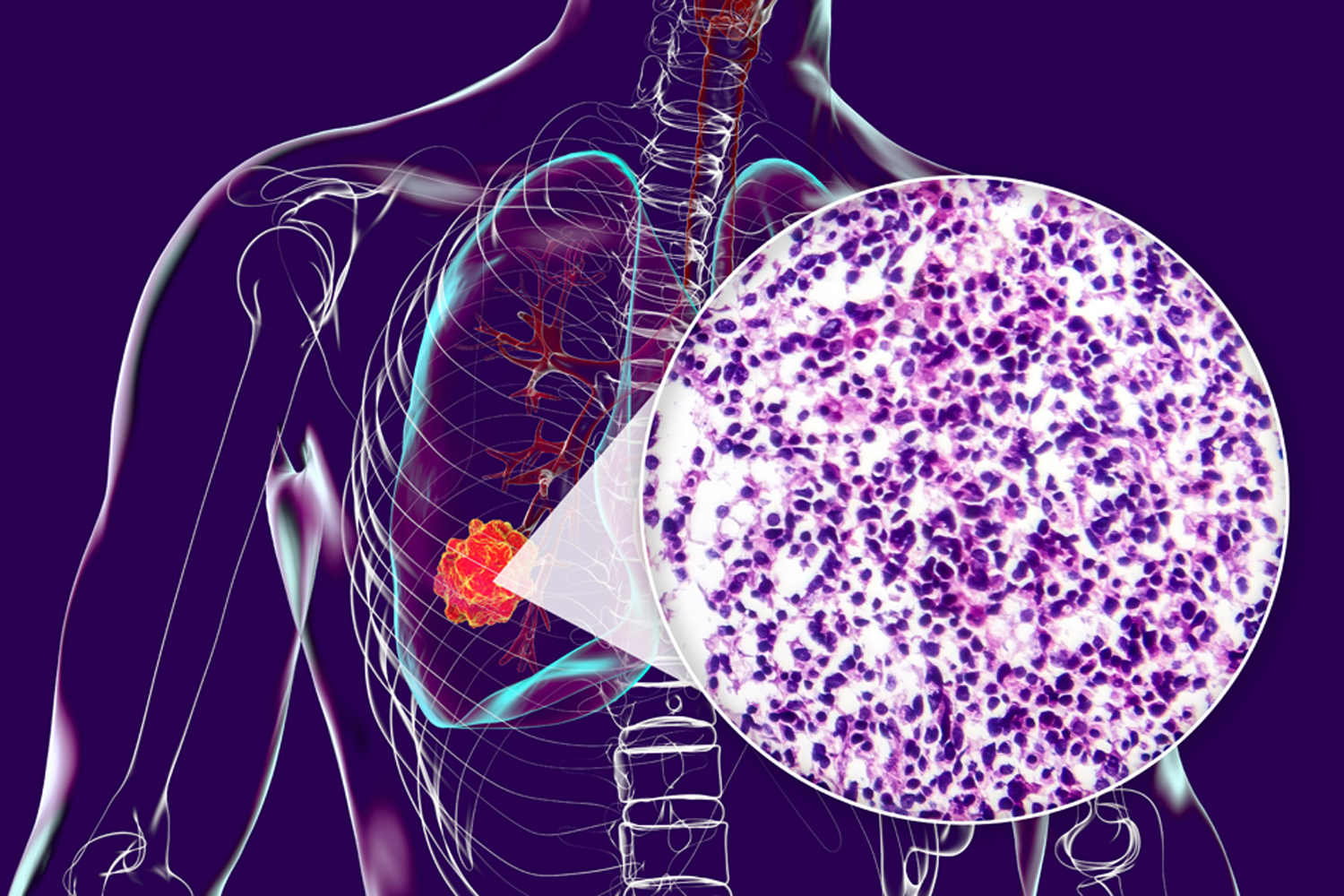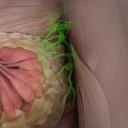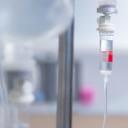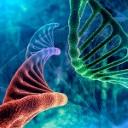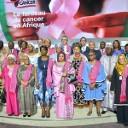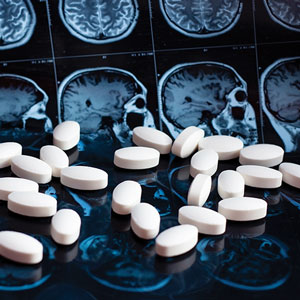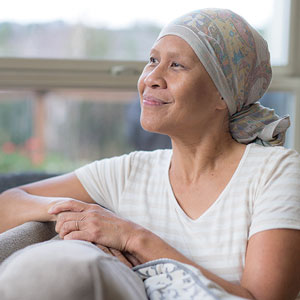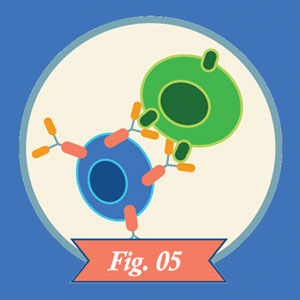-
Avoiding Unnecessary Lymph Node Biopsy
A study adds to evidence that many patients with ductal carcinoma in situ do not need to have their lymph nodes removed.
by Cheryl Platzman Weinstock
-
Cancer Takes an Unequal Toll on Employment
In a study of women with breast cancer in North Carolina, those who lived in rural areas or were black were more likely than urban white women to report negative changes in their employment.
by Pamela Rafalow Grossman
-
Learning the Language of Chemotherapy
Cancer patients often do not understand words their doctors use while talking about chemotherapy, but a new video series helps explain these terms.
by Jen Tota McGivney
-
Navigating Hospital Discharge Decisions
Patients with advanced cancer often go to rehabilitation facilities after a hospital stay in hopes of gaining the strength for further treatment, but the majority do not go on to receive additional cancer therapy, a study reports.
by Ashley P. Taylor
-
Misunderstandings About Cancer DNA Tests
Many cancer patients who received genomic testing of their cancers in a clinical trial did not fully understand the purpose of the testing.
by Emma Yasinski
-
First Ladies of Africa Issue Call to Address Cancer Crisis
A coalition of wives of African leaders, originally dedicated to addressing HIV/AIDS, is now also taking on the growing problem of cancer.
by Bradley D. Miller, PhD
-
September 27: The Week in Cancer News
A study examines how poor and minority patients are more likely to be diagnosed with cancer in the emergency room, and a cancer survivor considers the lasting effects of chemotherapy.
by Bradley Jones
-
Forward Look
Measuring Treatment EffectivenessOutcomes are often evaluated using progression-free survival.
by Jasenka Piljac Zegarac
-
Forward Look
New Option for Treating Pain From Bone MetastasesStudy supports use of single-session, higher-dose radiation.
by Jane Langille
-
Finding More Targets for CAR-T Cells
CAR-T cell therapy has successfully treated some patients with leukemia and lymphoma. Researchers are looking to expand the range of cancers that will respond to the therapy.
by Kendall K. Morgan
Cancer Talk
Treatment Combination Improves Survival in EGFR-positive Lung Cancer
Adding chemotherapy to targeted therapy improves outcomes for people with advanced EGFR-positive non-small cell lung cancer.
by Sandra Gordon
Lessons From 20 Years Living With CancerMultiple myeloma survivor Jonathan Gluck reflects on uncertainty, and the scientific progress that has kept him living with cancer for more than two decades.
by Eric Fitzsimmons
The Enduring Importance of Cancer Disparities ResearchOpening session from AACR conference highlights how perseverance and adversity have informed cancer disparities research over the years.
by Eric Fitzsimmons
Most Cancer Survivors Don’t Meet Healthy Diet GoalsDespite research linking fruits and vegetables to cancer survival, many people do not change their eating habits after diagnosis.
by Darlene Dobkowski

